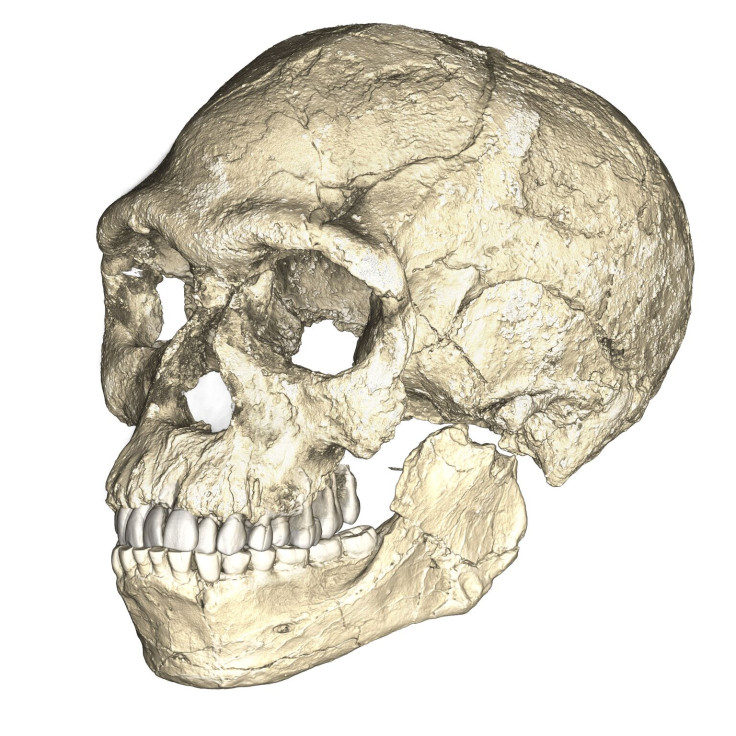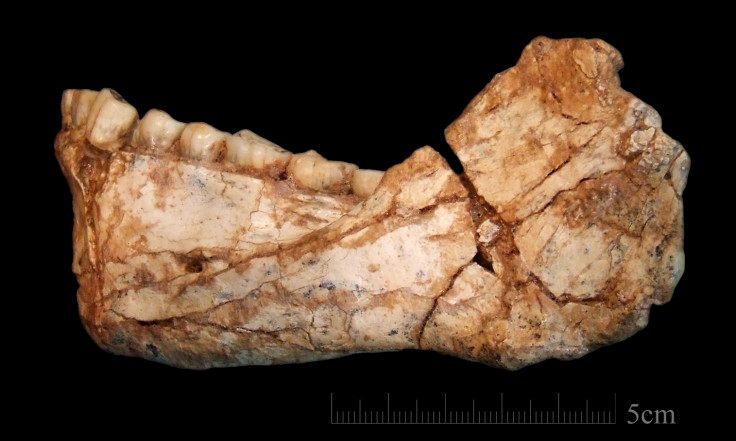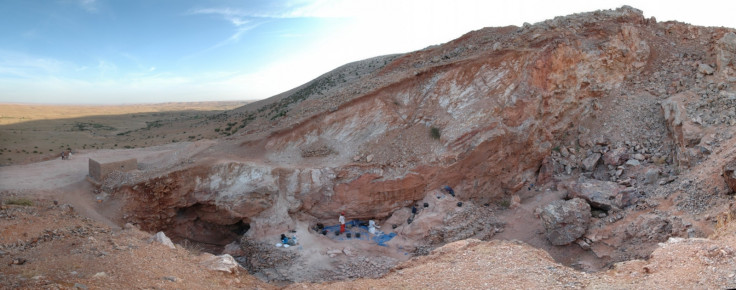Origin of Homo sapiens: First modern humans evolved 100,000 years earlier than we thought
The earliest humans looked just like us, but their brains were quite different.
The discovery of modern human fossils in Morocco has pushed the date for the origin of our species back 100,000 years before anyone thought we existed. Not only have we been around for such a long time, but the earliest humans were also using incredibly advanced technology for their time.
When and where humans first evolved was thought to have been more or less an answered question in the late 20th Century: about 200,000 years ago in East Africa. But a study published in the journal Nature now overturns this established view of human origins, stating that the earliest human remains are in fact 300,000 to 350,000 years old.
The study is a landmark in human origins research, and has been being discussed among the palaeoarchaeological community for about a year, archaeologist Nick Barton of the University of Oxford, who was not involved in the research, told IBTimes UK.
"This discovery will cause quite a stir," Barton said.
"Up until now, the simple story has been drawing a map of Africa with a whole series of arrows moving out from eastern or southern Africa. This now puts a big question mark over that scheme."
The find, if correct, would have a profound impact in the field, opening up a series of questions about how humans spread throughout Africa between 300,000 and 200,000 years ago.
The remains of a total of five individuals have been excavated at a site at Jebel Irhoud, to the west of Marrakech. Six fossils, including a skull, were originally dug up in the 1960s. Revisiting the site has now brought the total number of fossils, including a jawbone and partial skull, up to 22. These were from a total of five individuals, suggesting that the earliest Homo sapiens lived in groups.
Overall, the fossils paint a picture of a human skull that has both modern and ancient traits. The face itself would have been almost indistinguishable from a modern human face, the archaeologists say. The braincase, however, was more elongated than that of modern humans.

"The inner shape of the braincase reflects the shape of the brain," said study author Philipp Gunz from the Max Planck Institute for Evolutionary Anthropology in Leipzig.
So although these early Homo sapiens would have looked like us, they probably wouldn't have thought like us. Our unique brain shape and function probably evolved along with Homo sapiens, and was not shared with earlier pre-human species.
'Advanced humans'
Alongside the remains, a series of stone tools have been unearthed at the site. These were the key to finding the age of the site.
In another study published in the same issue of Nature, archaeologists found the age of the stone tools using a method called thermoluminescence dating. This calculates the age at which the stones were heated as part of the tool-making process. They were all found to be around 300,000 years old.
"Well dated sites of this age are exceptionally rare in Africa, but we were fortunate that so many of the Jebel Irhoud flint artefacts had been heated in the past," said study author Daniel Richter, also of the Max Planck Institute for Evolutionary Anthropology.

The tools they were making were well ahead of their time, by the usual archaeological standards.
"They're making really quite sophisticated tools 300,000 years ago," said Barton. "That really is quite exciting. It shows that these people had a very advanced way of dealing with all sorts of materials."
The discovery of humans in a relatively large group together also implies that early human communication and language may have already been established at this time.
"There's a lot of evidence from the archaeology to suggest that these were quite advanced types of human."
Relocating our roots
The discovery is remarkable not just for the age of the humans discovered, but the place. Since the 1980s, eastern and southern Africa have been the focus of study of the origin of humans.

"We haven't been looking there hard enough in some ways," said Barton. "It's a very under-explored area. There have been fossil hunters all over Africa, but this area hasn't really received the interest that it deserves."
Abdelouahed Ben-Ncer of Morocco's National Institute of Archaeological Sciences, an author of both studies, agrees.
"North Africa has long been neglected in the debates surrounding the origin of our species," he said.
"The spectacular discoveries from Jebel Irhoud demonstrate the tight connections of the Maghreb region with the rest of the African continent at the time of Homo sapiens' emergence."
© Copyright IBTimes 2025. All rights reserved.






















